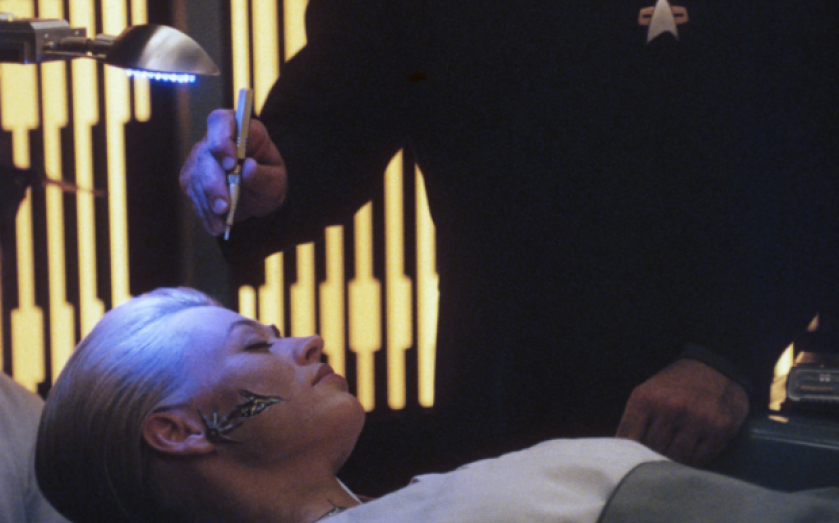Geeks and hackers are transforming healthcare and saving our economy

THE future of healthcare is taking shape. But it’s not being invented in drug company labs or planned by the NHS. Amateurs, obsessives and hackers are leading the charge. It’s a movement that will help us live longer – and could save the economy.
It’s all happening through a combination of new gadgets, the power of the internet, and old-fashioned determination. Electronic devices are the most visible part of the trend. Gizmos built to help people keep track of their exercise and diet, like Nike’s Fuelband or the Fitbit, are allowing us to track our pulse, blood pressure, sleep patterns and a host of other indicators.
We can expect more to follow. Sano Intelligence is developing a monitor shaped like a nicotine patch than can take constant readings of its wearer’s blood and send them to their iPhone. Swansea-based Cellnovo has designed a smart pump for people with diabetes that monitors their blood chemistry and automatically dispenses insulin. The X-Prize Foundation and Qualcomm are offering a $10m prize for whoever can invent a real-life tricorder, the hand-held device used in Star Trek to diagnose disease remotely.
The internet makes these gadgets exponentially more useful. Self-tracking enthusiasts can upload and analyse their own data. And they can make use of ingenious online services: 23andMe will analyse your DNA for $99 from a sample of spit, and sends you reports on diseases you are more or less susceptible to, as geneticists unearth them.
Again, expect more to come. IBM is partnering with US hospitals to use Artificial Intelligence to diagnose cancer. Veteran VC Vinod Khosla has speculated that, in the future, people will not visit GPs; data from wearable sensors will be remotely analysed by computer algorithms. Family doctors could go the way of typists, video editors, and filing clerks: the best will survive, but many will be replaced by machines.
But technology can only do so much on its own. Plenty of new technologies, from whole-body scanning to prostrate and breast cancer screening, have been touted as major improvements, only to have small benefits. What makes this new movement different is people power. The self-trackers are taking control over their treatment, combining patients’ rights with new technologies. A good example is the Patients Like Me website, which provides forums for those with long-term conditions to compare symptoms and treatments, and share advice. Unsurprisingly, they are often sophisticated, tech-savvy experts on their own health.
This won’t just change healthcare, it could transform the economy. Health is a costly business. The NHS consumed £107bn last year, up from £50bn a decade ago. As we become – let’s not mince words – older and fatter, costs will rise further. The US healthcare system is even sicker than ours: it consumes 18 per cent of GDP, but delivers a lower average life expectancy.
Anyone who can stop healthy people getting sick or help sick people stay out of hospitals stands to save the world money, as well as making it healthier. Just don’t be surprised if the next breakthrough doesn’t come from a lab, a hospital, or the Department of Health, but from the most neglected part of the system: the patients.
Stian Westlake is executive director of research at Nesta.